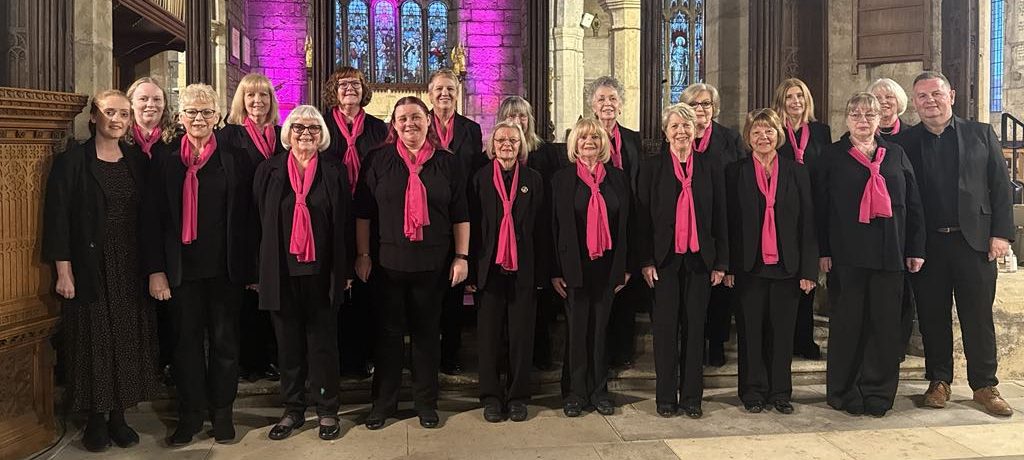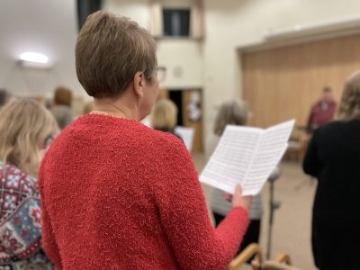

We are always looking for new members to sing in all voice parts. We rehearse on Tuesday evenings from 7pm-9pm.

To view our upcoming concerts and availability please take a look at our calendar.

We can provide musical entertainment for any sort of event, including weddings, parties, fundraisers and concerts.
